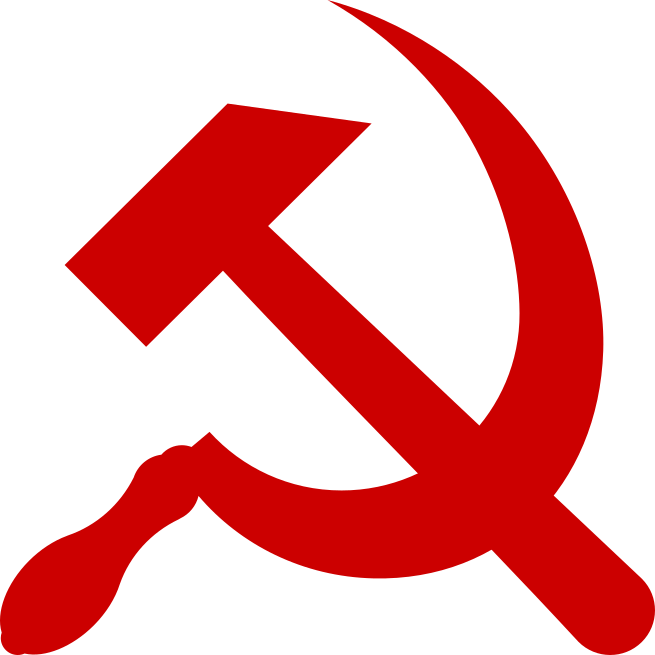Main Difference
The main difference between Communalism and Communism is that the Communalism is a libertarian socialist theory and Communism is a socialist political movement and ideology
-
Communalism
Communalism usually refers to a system that integrates communal ownership and federations of highly localized independent communities. A prominent libertarian socialist, Murray Bookchin, defines the communalist political philosophy that he developed as “a theory of government or a system of government in which independent communes participate in a federation”, as well as “the principles and practice of communal ownership”. The term ‘government’ in this case does not imply acceptance of a state or top-down hierarchy.This usage of communalism appears to have emerged during the late 20th century to distinguish commune-based systems from other political movements or governments espousing (if not actually practicing) similar ideas. In particular, earlier communities and movements advocating such practices were often described as “anarchist”, “socialist” or “communist”.Many historical communities practicing utopian socialism or anarcho-communism did implement internal rules of communalist property ownership in the context of federated communalism. It is at least theoretically possible for a federation of communes to include communes which do not practice communalist rules of property, which is to say, that the overall national government may be a federation of communes, but that private property rather than communalist property is the order within each such commune. Karl Marx, often viewed as the founder of modern communism, criticized older forms, including primitive communism or utopian socialism, as poorly conceived or prone to disintegration in practice.Communalism in the form described above is distinct from the predominant usage in South Asian forms of English: allegiance to a particular ethnic or religious group rather than to a broader society. As such, this usage is synonymous with sectarianism and associated with communal violence.
-
Communism
In political and social sciences, communism (from Latin communis, “common, universal”) is the philosophical, social, political, and economic ideology and movement whose ultimate goal is the establishment of the communist society, which is a socioeconomic order structured upon the common ownership of the means of production and the absence of social classes, money, and the state.Communism includes a variety of schools of thought, which broadly include Marxism and anarchism (anarcho-communism), as well as the political ideologies grouped around both. All of these share the analysis that the current order of society stems from its economic system, capitalism; that in this system there are two major social classes; that conflict between these two classes is the root of all problems in society; and that this situation will ultimately be resolved through a social revolution.
The two classes are the working class—who must work to survive and who make up the majority within society—and the capitalist class—a minority who derives profit from employing the working class through private ownership of the means of production.
The revolution will put the working class in power and in turn establish social ownership of the means of production, which according to this analysis is the primary element in the transformation of society towards communism.
Critics of communism can be roughly divided into those concerning themselves with the practical aspects of 20th century communist states and those concerning themselves with communist principles and theory.
-
Communalism (noun)
The communal ownership of property.
-
Communalism (noun)
Any social system based around a community.
-
Communism (noun)
Any advocating holding the resources collectively.
“aspheterism|q1=dated, rare”
-
Communism (noun)
Any political social system that implements a communist political philosophy.
-
Communism (noun)
The international socialist society where classes, money, and the state no longer exist.

